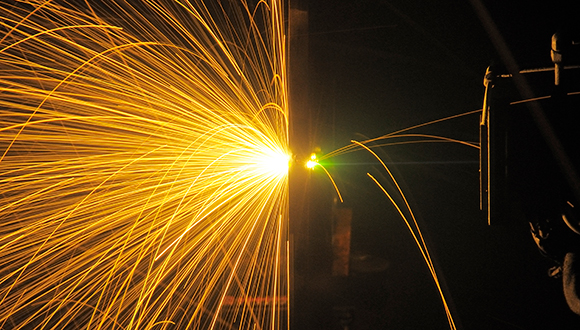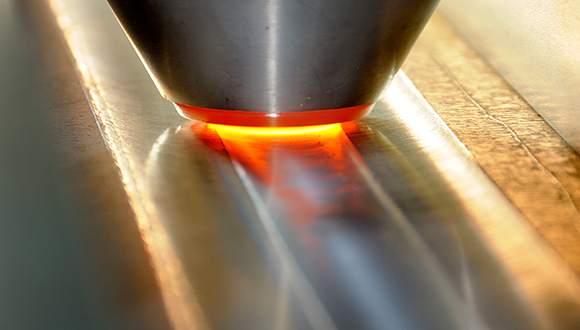Mon, 23 March, 2020
Here are the latest PhD research topics in Digital Manufacturing
NSIRC PhD students are affiliated with over 35 top universities in the UK and around the world, to provide research excellence across multiple fields relating to Structural Integrity.
Named by the The Times and The Sunday Times Good University Guide 2020 as International University of the Year, Lancaster University provides world leading research in engineering higher education.
A university in the north of England, Lancaster has been partnered with NSIRC and is looking to recruit postgraduate students for PhD topics in Digital Manufacturing.
For the majority of study during these PhD topics, successful applicants will be based in Cambridge with NSIRC at the home of TWI Ltd, but also spend some time in Lancaster..
What are the candidate requirements...?
Candidates are expected to have a relevant 2:1 degree, or an international equivalent in one of the following subject areas:
-
Material science
-
Mechanical, controls or manufacturing engineering
-
Physics
Funding for PhD Research Topics
The funding for these topics is provided by the Lloyd's Register Foundation, who have a longstanding relationship with TWI, and are one of the founding partners of NSIRC.
Today, the organisation provides support for engineering education and research, working towards enhancements in safety of offshore platforms and vessel, on land and in the air.
Digital Manufacture PhD Scholarships:
PhD topic background
High power electron beams are used for welding critical components in aerospace and nuclear industries due to their inherent advantages.
There are high quality requirements in these industries and hence the associated cost of materials and processes is also very high.
This makes it very important to ensure that the beam quality is maintained and checked prior to carrying out the welds.
What is industry calling for…?
This PhD will focus on the correlation of weld outcomes with measured electron beam characteristics.
The TWI developed BeamAssure™ tool is able to quantify the shape and power density of the welding beam, but relating this to the resulting weld performance requires in depth study – a large number of beam measurements, weld assessment and analysis of the combined data is required.
 TWI's expertise in electron beam (EB) welding and processing, make it the ideal location to research the development of related products and processes. Photo: TWI Ltd
TWI's expertise in electron beam (EB) welding and processing, make it the ideal location to research the development of related products and processes. Photo: TWI Ltd
PhD topic background
While the application of FSW technology continues to grow, real time quality monitoring is needed for the automation of FSW.
To date, very few significant contributions have been reported regarding in-process monitoring and adaptive control.
What is industry calling for...?
A research project that will seek to understand how variables such as process parameters, tool geometry and machine stability, affect the quality of a weld.
With that aim, sensors must be chosen and retrofitted onto existing FSW machines and used to assess the FSW environment, collecting data for analysis, and establish whether a good weld will be created.
.....
To view more PhD Scholarships with NSIRC, visit our study with us page.
......
*Recruitment criteria my vary. For further information, visit the individual PhD Scholarships.
 Friction Stir Welding was invented by Wayne Thomas at TWI Ltd in 1991 and overcomes many of the problems associated with traditional joining techniques. Photo: TWI Ltd
Friction Stir Welding was invented by Wayne Thomas at TWI Ltd in 1991 and overcomes many of the problems associated with traditional joining techniques. Photo: TWI Ltd